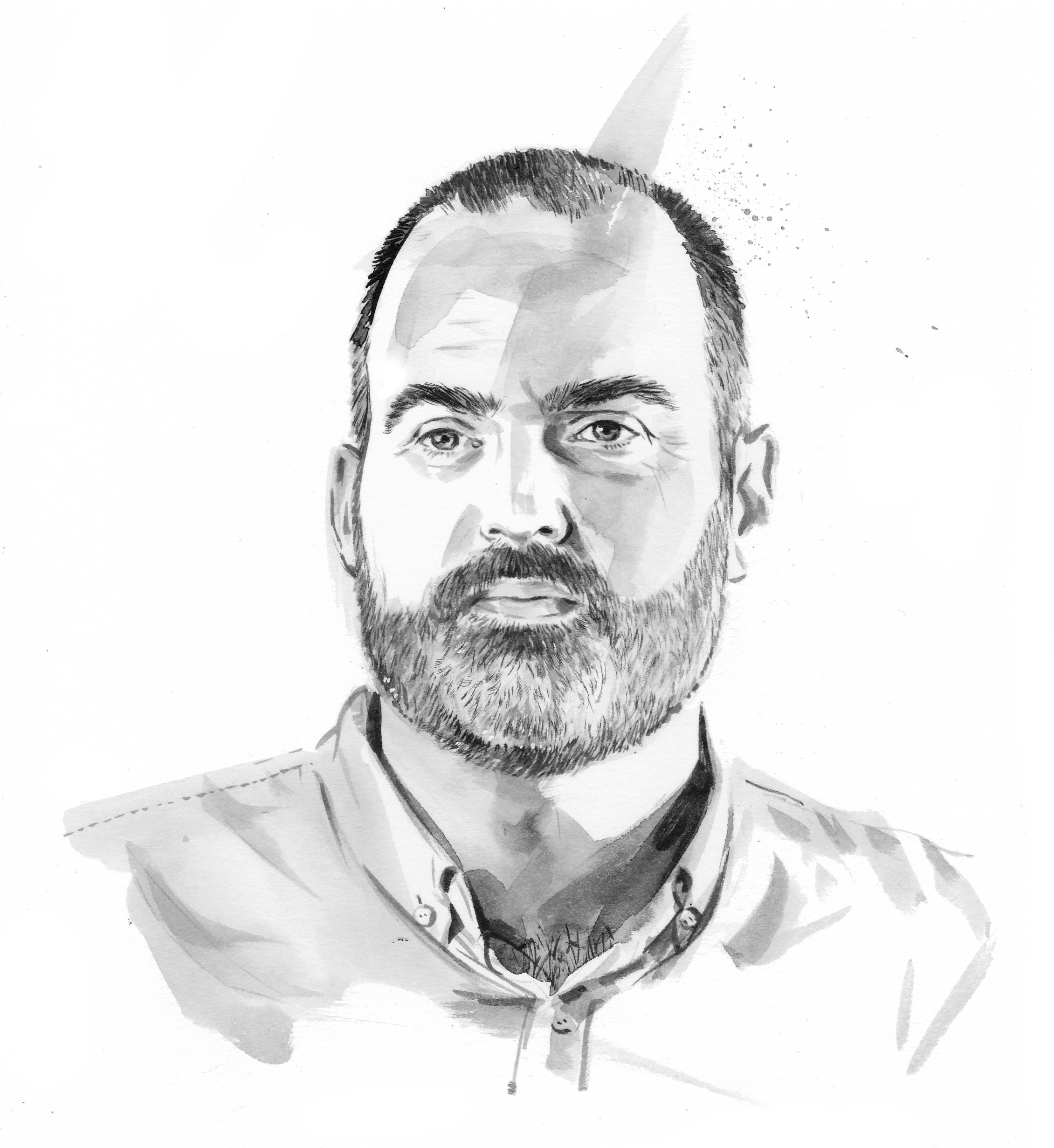Learning is not supposed to be easy.
In fact, difficulties that require us to think hard as we grapple with tasks around quadratic equations or Macbeth can actually support learning in the long run.
This idea of “desirable difficulty”, coined by memory researchers Robert and Elizabeth Bjork, is one of several principles drawn from cognitive science that has been gaining traction in English schools in recent years.
But at what point does our pursuit of “desirable difficulties” go too far? How can we make sure that this well-meaning principle isn’t being applied in classrooms in the wrong way?
The Bjorks themselves offer some advice on this in a recent free Ebook on cognitive science and learning, entitled In their own words: What scholars and teachers want you to know about why and how to apply the science of learning in your academic setting. In their chapter, the Bjorks describe the opportunities, but also the problems, with implementing desirable difficulties.
They make a clear distinction between difficulties that are truly “desirable” - giving the example of revising through self-testing, rather than simply re-reading notes - and those that are less helpful.
“We have had to emphasise that the word ‘desirable’ is important,” they write, “and that many difficulties are undesirable during instruction and forever after”.
For example, if a student doesn’t have enough background knowledge of a topic, but is encouraged to interleave and space out their study (widely recognised as a helpful technique), the effects can actually be detrimental. Without secure knowledge of how to solve quadratic equations, for instance, interspersing practice of these types of equations with practice of other types of maths questions is not likely to support learning.
Another factor to consider, as the Bjorks point out, is the level of difficulty of the task. If we make the learning really difficult and pupils’ motivation takes a nose-dive, it will subsequently be hard to convince them to persevere with a challenging task, such as reading Shakespeare.
It’s important to remember that many studies into the use of cognitive science in education were conducted in laboratory conditions with university students, and that the levels of competence and confidence of younger students may not work well with simplistic notions of these approaches.
The potential for lethal mutations in applying this research to the classroom is therefore high - and the Bjorks now recognise this. They are keen to draw attention to the challenges presented by their work.
“The two of us have been guilty of ignoring such factors by thinking that simply telling students and teachers about relevant research findings will be enough for them to incorporate desirable difficulties into their study and instructional activities,” they write.
So what does this mean going forwards? It means that if we reduce principles from cognitive science to a set of “do now” activities that are not intelligently adapted to the pupils in front of us, we are unlikely to see the promised improvements in learning.
Now is the time to reflect on the dangers of desirable difficulties, and similar principles, as well as the opportunities. It’s a reminder that applying research to practice should always be done with care, and only with a deep, shared understanding of all the evidence






